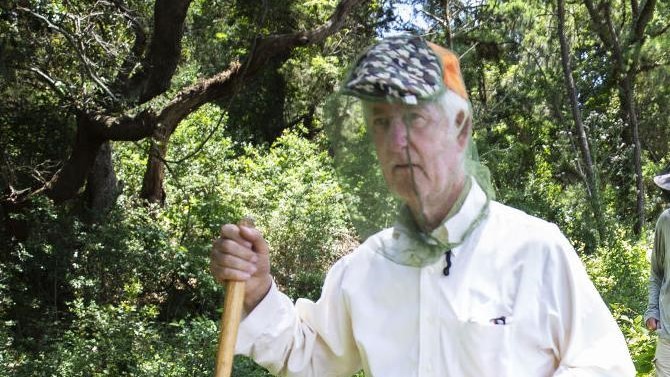
As seen in The Post and Courier, by Jeff Hartsell
An e-mail popped into the inbox of Dr. Richard Porcher the other day.
The publisher of his noted book, “A Guide to the Wildflowers of South Carolina,” wants an update to the publication with a view toward climate change and how it might impact the state’s flora.
“That’s really the compelling issue of the day,” said Porcher, who for 33 years was a professor and researcher at The Citadel. “Anywhere you live today, you should be concerned about it. Climate change is the one thing in our lives that will be compelling for our generation and every generation after us.
“And it’s not a Chinese hoax, by the way.”
At the age of 80 and at the tail end of a distinguished career as a biologist, historian, naturalist, author, conservationist, lecturer and teacher, Porcher has hardly slowed in his efforts to study and save the planet, particularly in the Lowcountry.
He can be found in the field almost daily, tending his blueberries and camellias at his home in Mount Pleasant, or out on his farm in Clarendon County, or exploring his beloved long-leaf pine savannas in the Francis Marion National Forest.
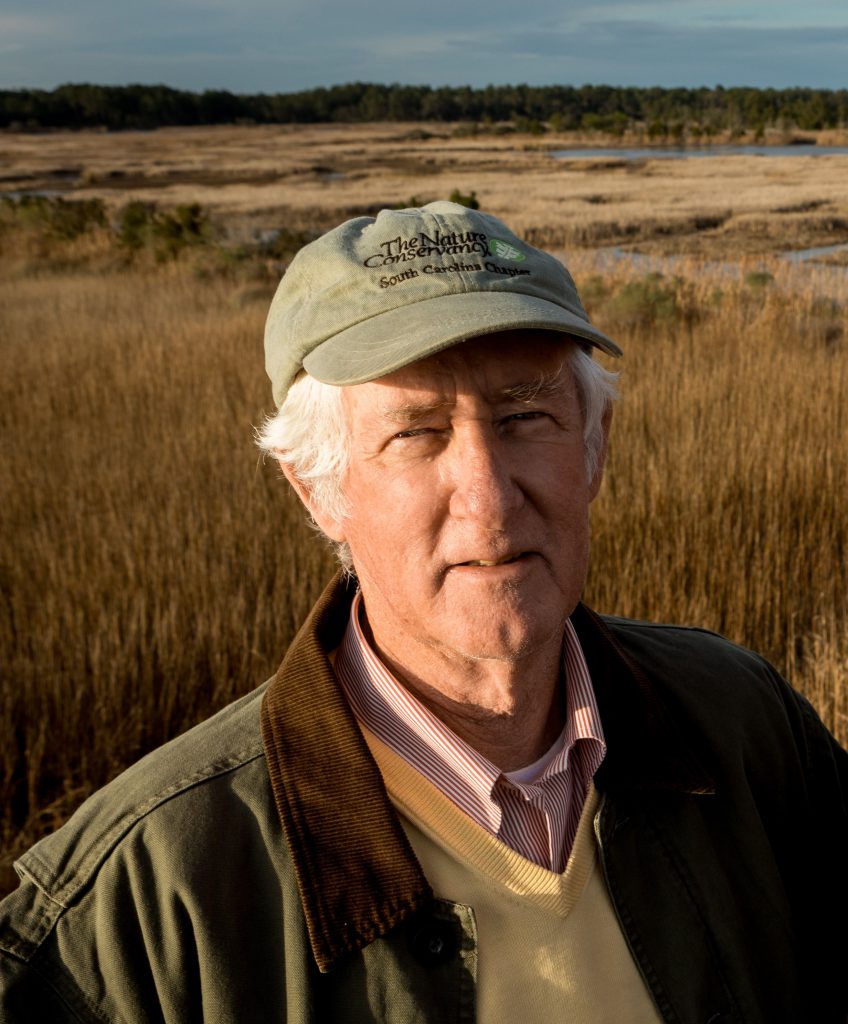
“They are so diverse and beautiful,” Porcher said. “It’s so easy to get students interested in botany when you take them to a place like that.”
That’s how Porcher got started in his career years ago as a student at the University of South Carolina. A course in field botany conducted by Dr. Wade Batson changed his career path.
“I realized that was my natural calling,” Porcher said. “Being outdoors and working with people, roaming the forests and bogs and creeks and rivers. That’s where life is, and that’s where we all come from. And I decided that if I’m going to spend this much time outdoors, I want to make sure the next generations enjoys the same pleasures that we do.”
During his career at The Citadel, Porcher taught several thousand cadets, integrating field biology into his courses and using his research on the state’s botanical and cultural resources to impact environmental policy.
“Dr. Porcher’s infectious enthusiasm, dedication, and mentorship sparked a love of nature and influenced the career paths of generations of cadets at The Citadel,” John Weinstein, Ph.D., chair of the Department of Biology at The Citadel, said when Porcher was recently awarded the Order of the Palmetto, the state’s highest civilian honor.
Some of Porcher’s work includes “Wildflowers of the Lowcountry and Lower Pee Dee;” “The Market Preparation of Carolina Rice,” coauthored with William Robert Judd; and “The Story of Sea Island Cotton,” coauthored with Sarah Fick.
Current projects include the update to “South Carolina Wildflowers,” a book on the Santee Canal, a guide to wildflowers of the coastal plan with The Citadel’s Dr. Joel Gramling, and a history of the people of St. John’s Parish.
Porcher and Gramling also plan a collaboration called “The Lowcountry Landscape in the Footprints of our Forebears.” And Porcher plans to donate a photographic library of more than 1,400 South Carolina wildflowers to the state.
Recently, Porcher served as a field guide for The Post and Courier’s “Our Secret Delta” project, an examination of the state’s Santee Delta.
It’s a vast legacy that Porcher hopes will have some impact on the world he leaves behind one day
“I’ve got three grandkids, and I want them to enjoy the same clean air and wild spaces, the creeks and rivers, that I had,” he said. “And we have to do it through education, so that people understand the value of open spaces and clean air.”
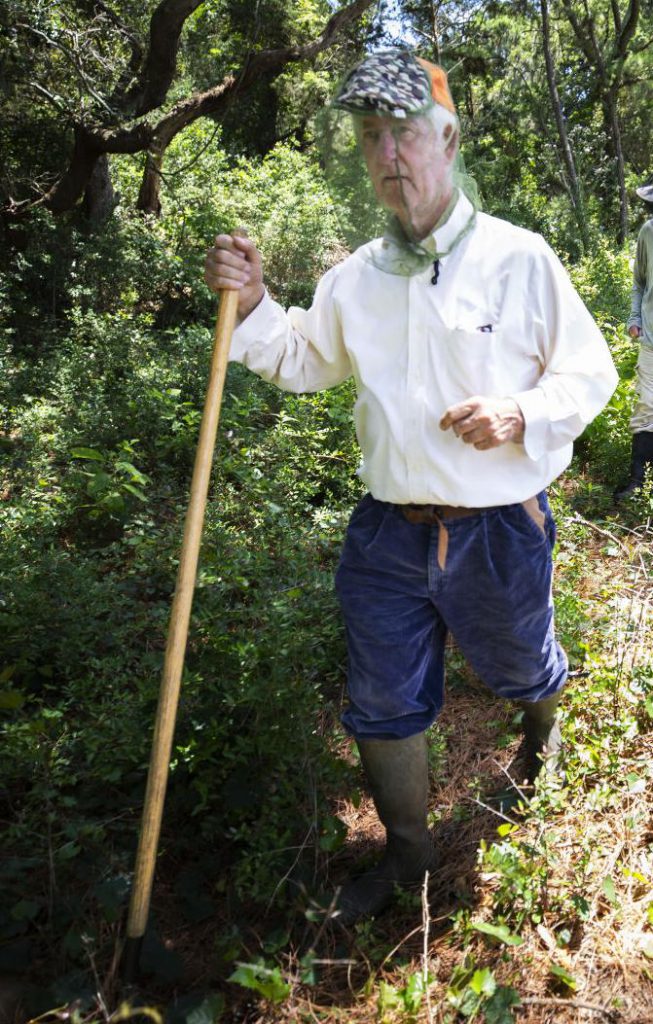

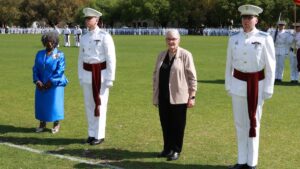 Honoring The Citadel’s 2024 Palmetto Medal Award recipients
Honoring The Citadel’s 2024 Palmetto Medal Award recipients Remembering Citadel professor Paul Nolan
Remembering Citadel professor Paul Nolan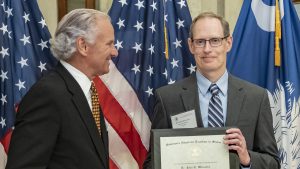 Change-leading Citadel researcher and professor earns accolade from SC governor
Change-leading Citadel researcher and professor earns accolade from SC governor

